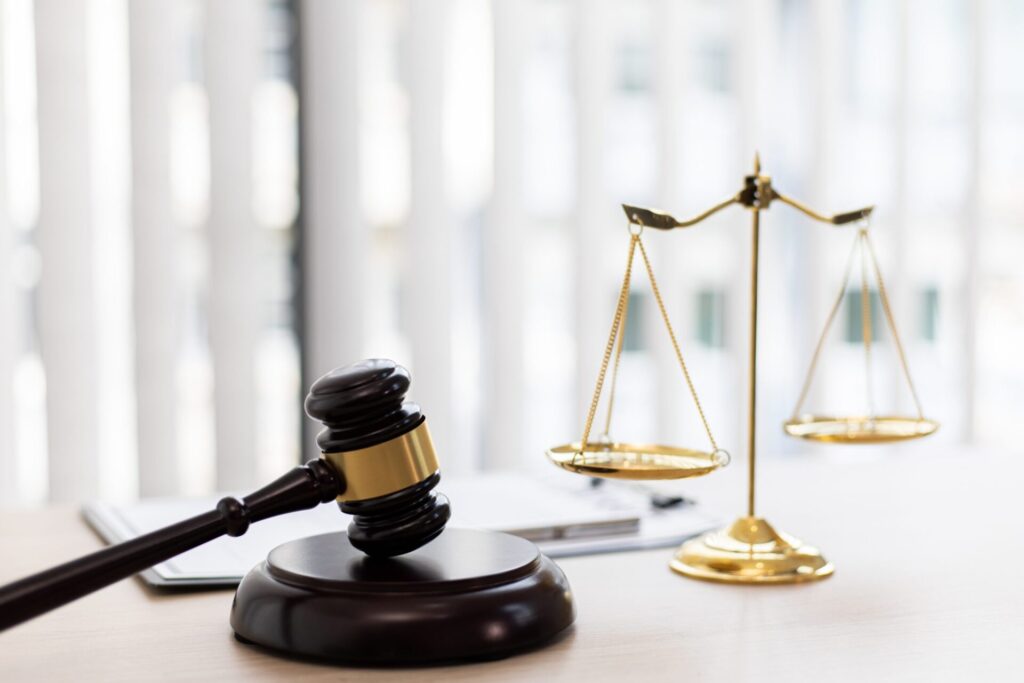If you find yourself facing criminal charges, you want a clerk magistrate’s hearing if the offense allows for it.
In Massachusetts, whenever the police are trying to charge you with any misdemeanor, you have the right to have a hearing before a clerk magistrate to decide whether or not these charges will ever be issued. These hearings are also called “show cause” hearings. It’s really important to take this seriously, because this is your best opportunity to keep these charges from ever issuing, to keep this off of your record so you never have to see the judge, have to deal with the DA or worry about any kind of punishment.
What Happens at The Hearing?
At this hearing, the clerk magistrate is the one making the decisions. The clerk not a judge, but they work for the court system and have a lot of power. Their job at this hearing is to decide whether or not these charges ever get to go before the judge.
Typically speaking, what they’re supposed to be deciding is whether or not the police have probable cause to have these charges. At the hearing someone from the police department, not necessarily the officer that you dealt with on that particular day or evening, will come in and read from the police report. That’s usually how they set up their facts to say, “Hey, listen, we have probable cause and we want this person charged.”
You have the right to be there. You can bring a lawyer, but you don’t have to have a lawyer. You can testify on your own behalf. You can ask the officer questions. You can bring other witnesses, photos, videos or other documents that might be able to shed some light on your side of the story.
This hearing usually it doesn’t take very long — usually about 20 minutes to a half an hour is typical. The clerk will listen to everything and then make a decision. Generally speaking, they will do one of three things.
Three Possible Outcomes
The clerk magistrate can say there’s enough evidence to establish probable cause and I’m going to issue these charges and you’re going to have to go see the judge and go through the normal court process.
Option two — after listening to everything, they can decide that either based upon the facts or the law, that there’s not probable cause and the charges shouldn’t issue in which case you’re all set and the charges never issue. You go on your way, don’t have to worry about anything.
The third option is somewhere in between One and Two. This happens pretty often, especially with people who are first time offenders, charged with minor crimes. The clerk might say, “Well, you know what? There could be probable cause here, but I’m considering the person.” And this is where we come in. We are able to argue on your behalf, “Listen, this is a good person. They don’t have a prior record. It was a simple mistake. It wasn’t malicious or anything like that.”
In the interest of justice, we’re asking the clerk to use their discretion to say, “Hey, listen, we don’t have to issue the charges here.” Now the clerk can use that discretion and do a kind of hybrid outcome. The clerk. might say, “I’m not going to issue the charges.” Or they could ask you to do something. They might ask you to do something like community service or take a class in some cases. This happens a lot with minor driving offenses. Maybe they’ll have you do what they call a national driver safety program, something like that. But they have a wide range of discretion.
Many times they just say, “Hey, listen, we’re going to keep this open for the next six months. If you stay out of trouble, then we’re going to close it out and these charges will never issue. But if you do screw up during those six months, we’re going to bring the charges back in and you’re going to be charged with these as well.”
The clerks have a lot of discretion as to what they can do at these hearings. It’s in your best interest to keep these charges from ever issuing. It’s very important to take this seriously and to make sure you put your best foot forward at a clerk magistrate’s hearing. This is your best opportunity to stop the criminal charges that the police are trying to bring against you.
If you have any questions about the criminal process, about a clerk magistrate’s hearing; whether you think you should have one for your case and whether you can request one, please feel free to give me a call or shoot me an email and I’ll be happy to speak with you about it.





